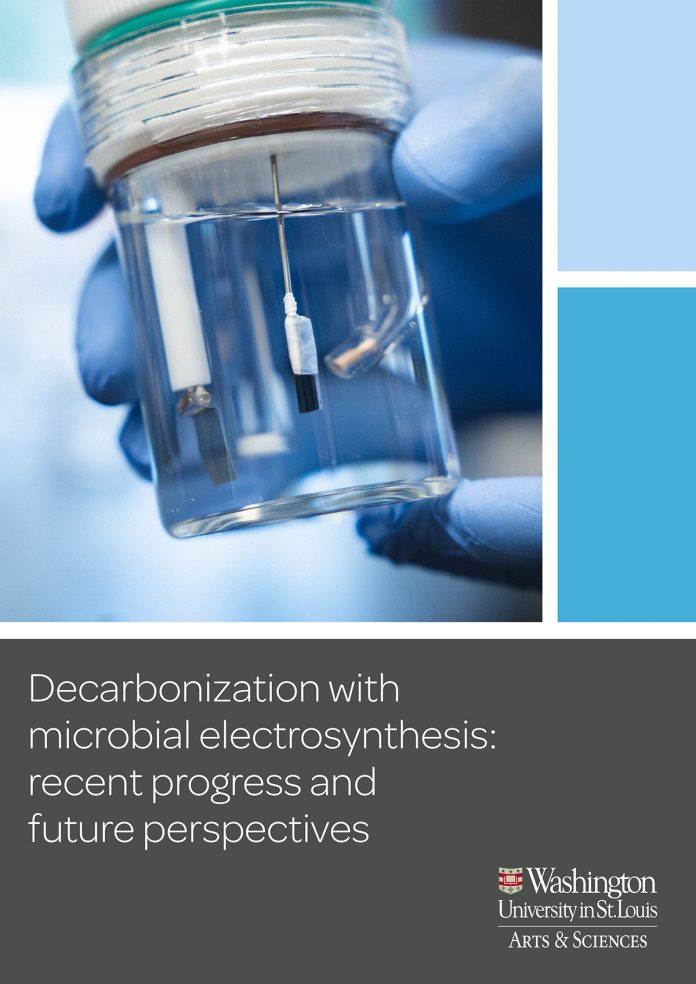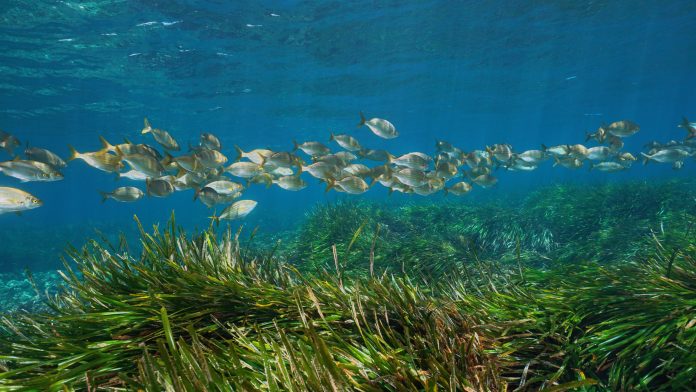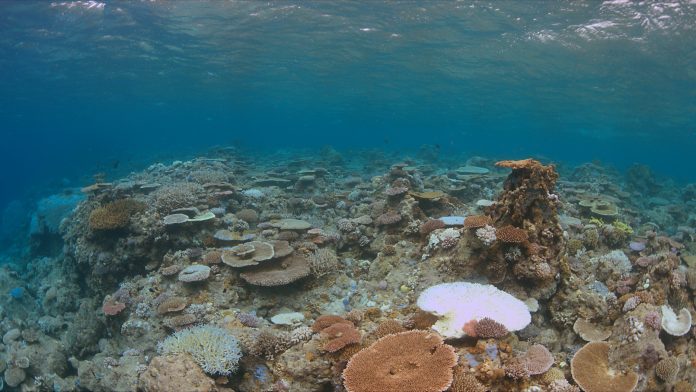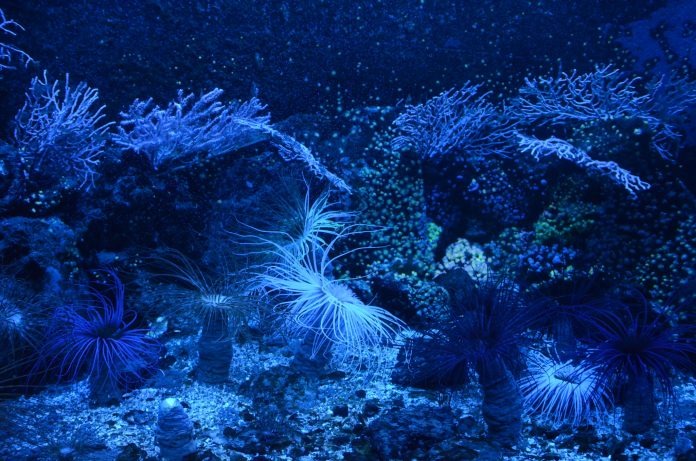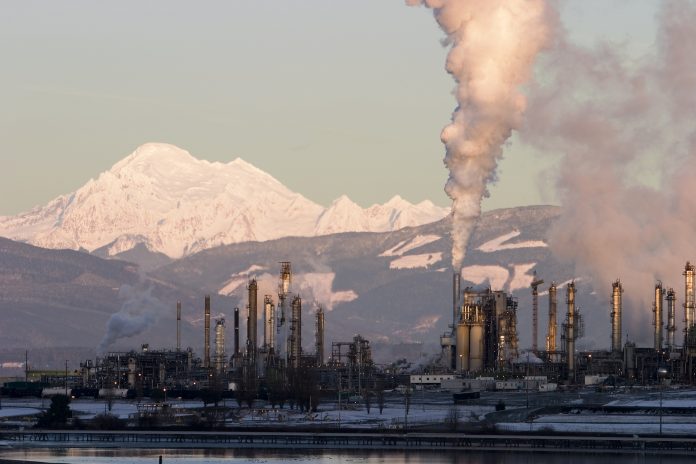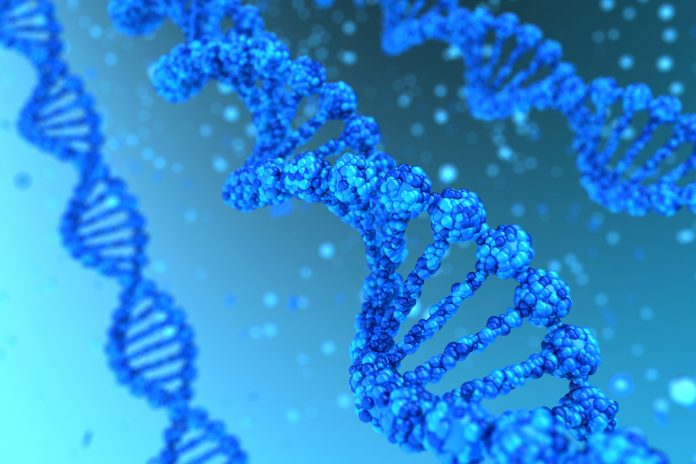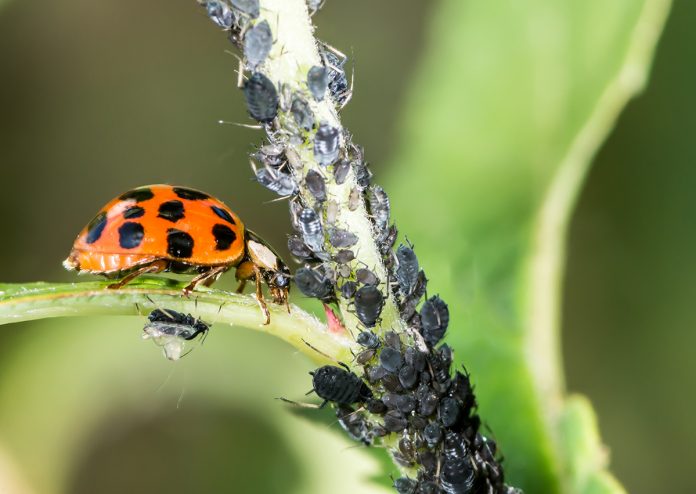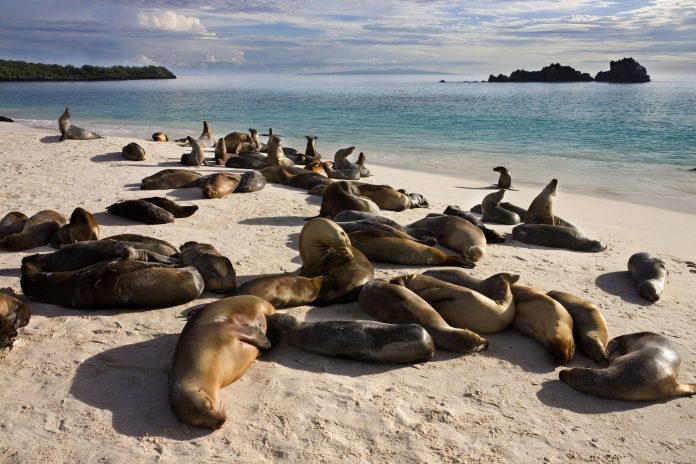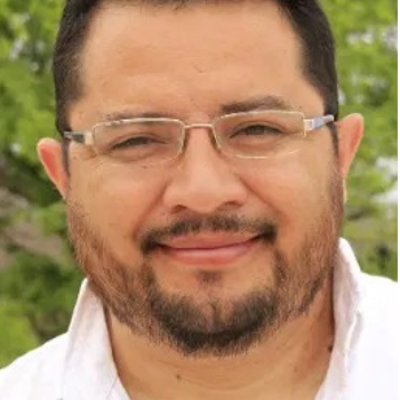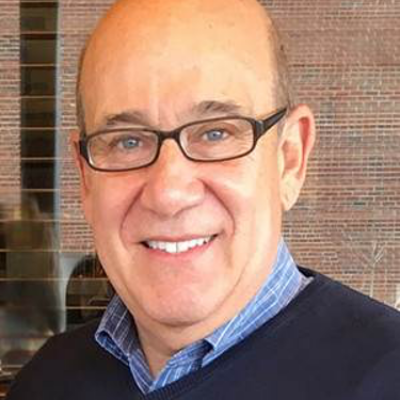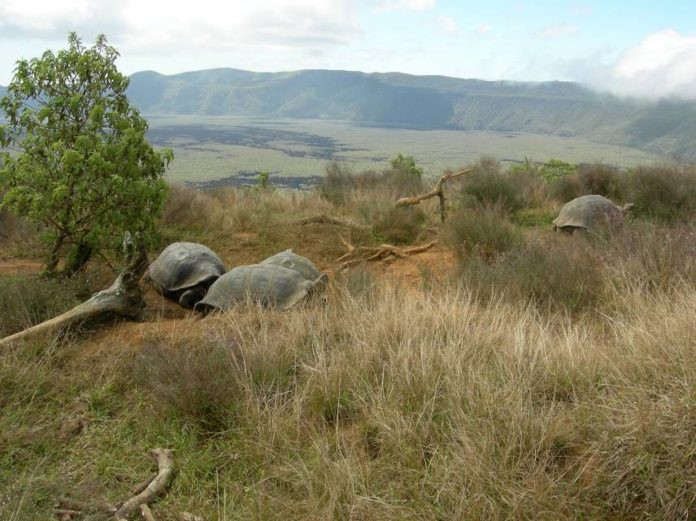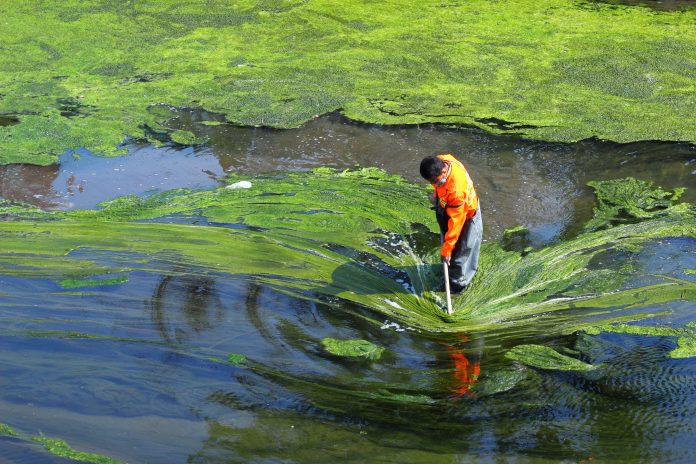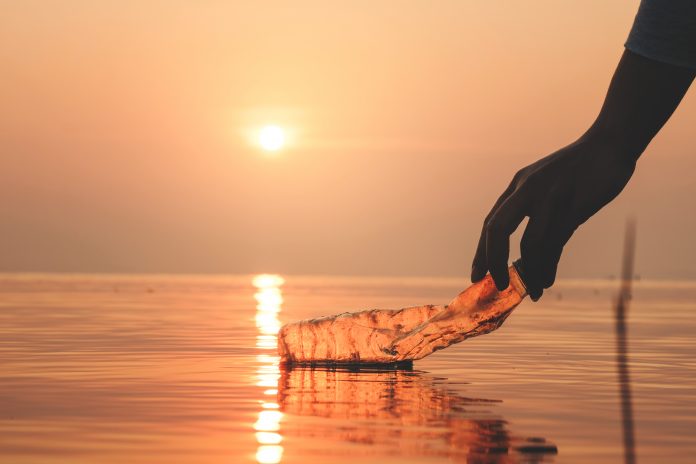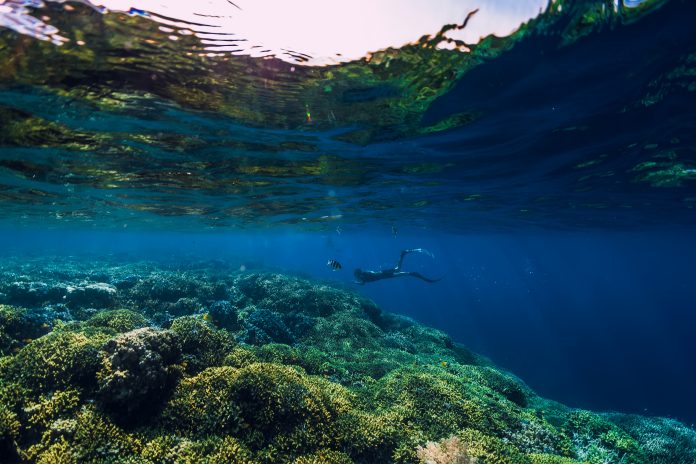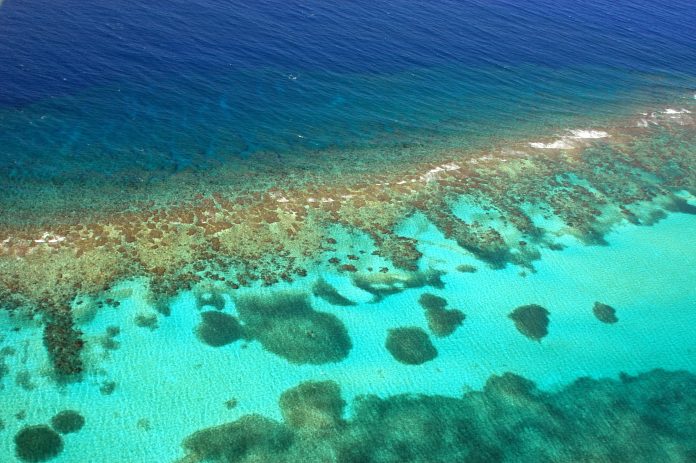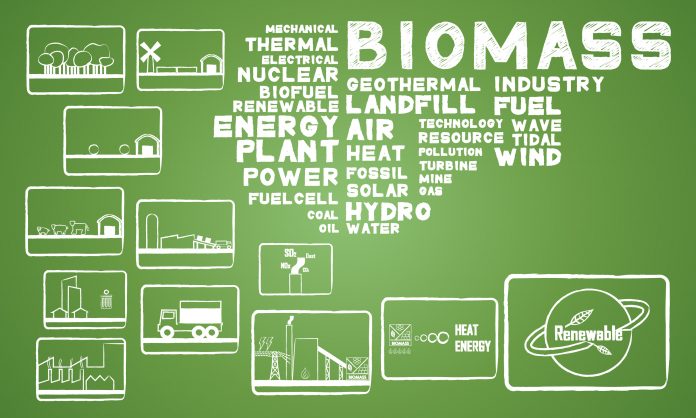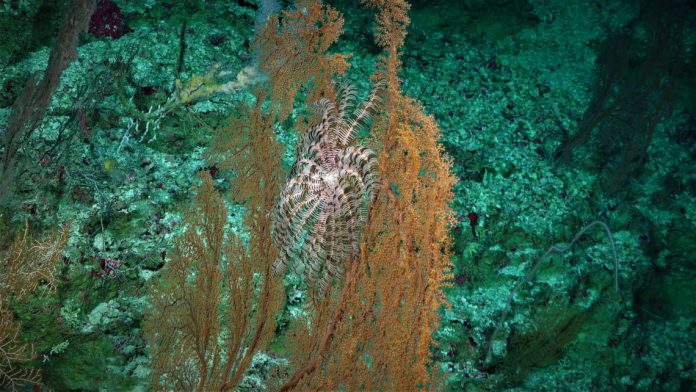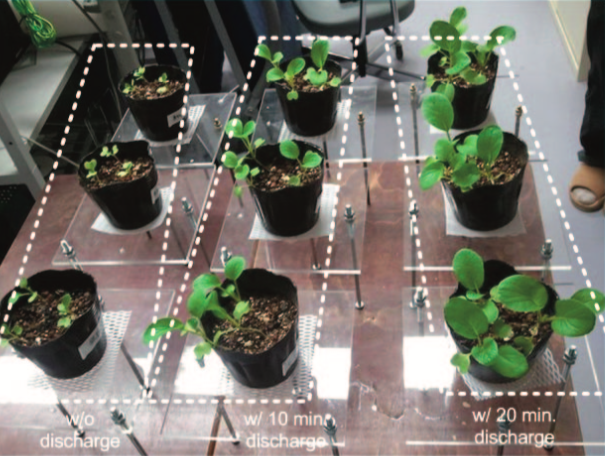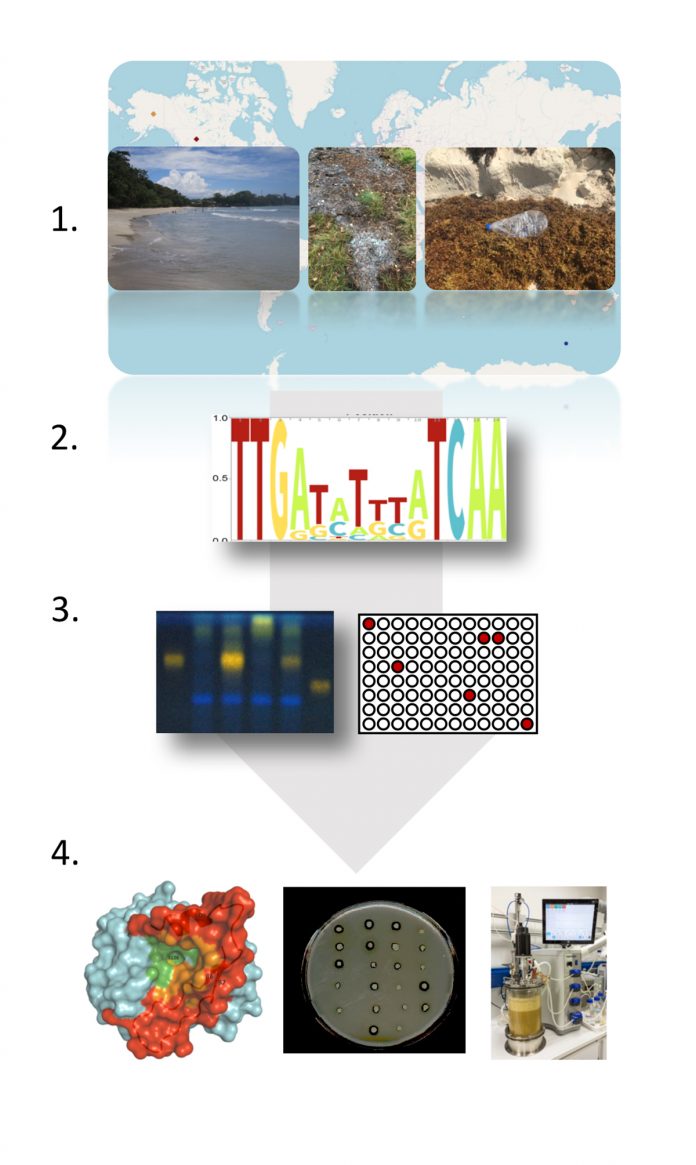Open Access Government produces compelling and informative news, publications, eBooks, and academic research articles for the public and private sector looking at health, diseases & conditions, workplace, research & innovation, digital transformation, government policy, environment, agriculture, energy, transport and more.
Home Search
marine biology - search results
If you're not happy with the results, please do another search
Decarbonization with microbial electrosynthesis
Eric Conners, Arpita Bose and Prem Prabhakar at the Department of Biology, Washington University, discuss microbial electrosynthesis - a way of creating commercially significant bio-commodities.
Damaged seagrasses can emit methane, even after death
Scientists find that seagrasses continue to produce methane even decades after the plants die – highlighting the potential for more methane emissions if seagrasses are threatened.
Paris Agreement targets are yet to protect coral reefs
The Paris Agreement limited global warming to 1.5°C above pre-industrial levels, which still has devastating impacts for coral reefs – remaining on track for coral degeneration.
How has marsh pollution affected the survival of sea anemones?
Scientists say the stationary sea anemone, Nematostella, has been decreasing in numbers - as it becomes severely impacted by pollution.
Microbial electrosynthesis for sustainable bioproduction
Arpita Bose, PhD, Associate Professor at Washington University illustrates how microbes may prove essential for developing sustainable technologies as we strive for greener economies.
Piecing Glycoscience together
Frederique Lisacek from SIB Swiss Institute of Bioinformatics, discusses the experimental approaches towards Glycoscience and emphasises the need for collecting and integrating glyco-related information.
Natural pest control: Moving forward with biopesticides
Dr Joel R. Coats, Distinguished Professor of Entomology & Toxicology, explains biopesticides in the field of natural pest control.
Safeguarding Galapagos for the future
Why conserve Galapagos? Clare Simm from the Galapagos Conservation Trust answers this vital question, discussing the immense vulnerability of the islands and the work being done to protect them.
Maite Ruiz Pérez – CETIM Technological Centre
Maite Ruiz Pérez has a PhD in Advances in Microbial and Parasitic Biology from the University of Santiago de Compostela and MsC in Genetics, Biochemistry and Biotechnology, Department of Cellular and Molecular Biology, University of A Coruña.
Carlos F. Mena – USFQ Institute of Geography, UNC-USFQ Galapagos Science Center
Dr Mena is a Professor of Geography, School of Life & Environmental Sciences; Director, Institute of Geography, Universidad San Francisco de Quito; and Co-Director of the UNC-USFQ Galapagos Science Center, Galapagos Archipelago of Ecuador.
Stephen J. Walsh – UNC Center for Galapagos Studies, UNC-USFQ Galapagos Science Center
Dr Walsh is the Lyle V. Jones Distinguished Professor, Department of Geography; Director, Center for Galapagos Studies, University of North Carolina at Chapel Hill; and Co-Director of the UNC-USFQ Galapagos Science Center, Galapagos Archipelago of Ecuador.
Science & conservation in the Galapagos Islands
Stephen J. Walsh & Carlos F. Mena explain the importance of protecting the Galapagos Islands through interdisciplinary science & sustainable conservation.
SpiralG Project: The first demonstrator of spirulina biorefinery
Here, we learn about the many uses of spirulina algae, and how BBI JU funded project SpiralG is assessing the sustainability and profitability of each spirulina biomass component.
New algorithm can analyse plastic pollution in the ocean
A new algorithm developed by a team at the University of Barcelona can analyse the level of plastic pollution in the ocean with a reliability of 80%.
Deep ocean drilling: Revealing earth history, geological processes and a deep biosphere
Virginia Edgcomb from the Woods Hole Oceanographic Institution discusses deep ocean drilling, a process that reveals earth history, geological processes and a deep biosphere.
New algae threatens conservation of Caribbean coral reefs
Human activity is making the conservation of Caribbean coral reefs difficult - but a new algal threat is adding pressure to an already precarious situation.
Fuelling the bioeconomy through U.S. innovation and collaboration
Insight into the emerging bioeconomy, is provided here by Michael Berube, Acting Deputy Assistant Secretary for Transportation in the Office of Energy Efficiency and Renewable Energy at the U.S. Department of Energy.
New corals discovered in deep-sea study of the Great Barrier Reef
Using the Falkor research vessel, scientists have explored the deepest regions of the Great Barrier Reef and found five new species of black corals and sponges.
High voltage agriculture creates sustainable food supply
Professor Koichi Takaki discusses how combining electricity and biology could create a sustainable food supply.
Functional metagenomics: Keys to modern biotechnology and new drugs
Professor Wolfgang Streit from the University of Hamburg details how functional metagenomics applies to modern biotechnology, new drugs and much more.

